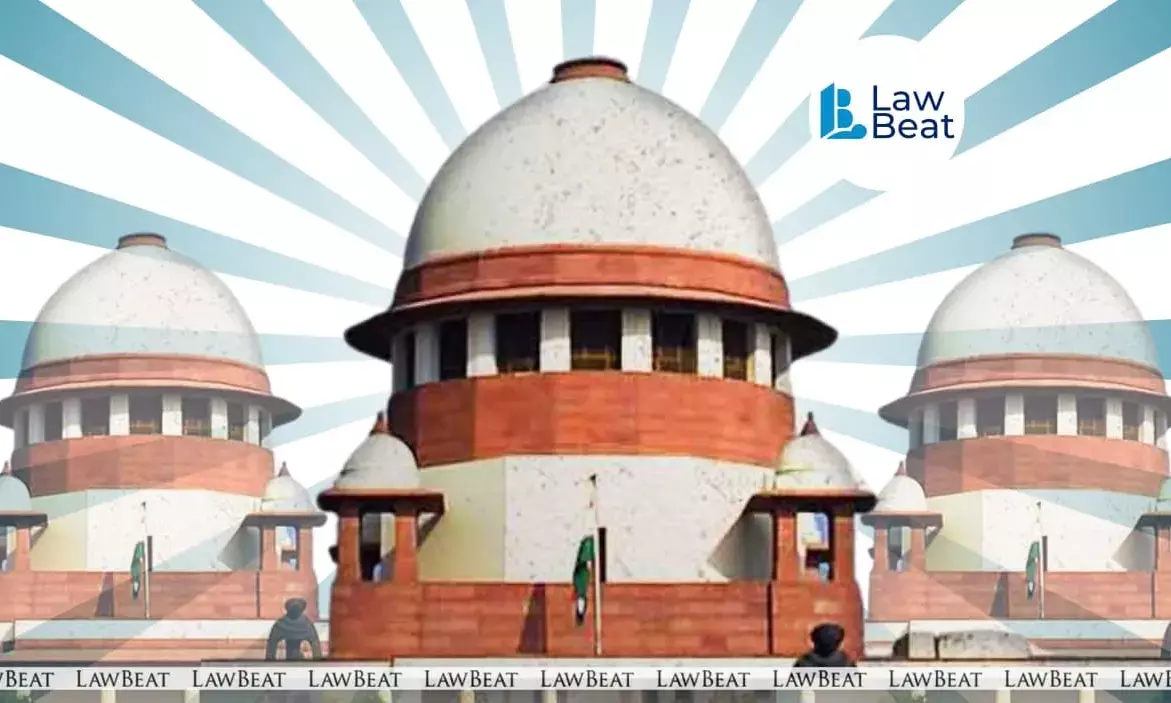Judicial Decisions Don’t Offend Fundamental Rights: Supreme Court

The Supreme Court dismisses a petition challenging the West Bengal Madrasah Service Commission Act, 2008
The Supreme Court, on September 15, 2025, emphasised that a judicial decision does not offend any fundamental right as it dismissed a writ petition filed seeking reconsideration of a January 6, 2020 judgment.
By the judgment, a division bench had upheld the validity of the provisions of the West Bengal Madrasah Service Commission Act, 2008, by which the process of appointment of teachers in an aided Madrasah, recognised as a minority institution, was taken over and entrusted to the Commission.
Taking exception to the writ petition, as being an abuse of the process of the court, a bench of Justices Dipankar Datta and Augustine George Masih dismissed it with costs of Rs one lakh.
The Managing Committee of Contai Rahamania High Madrasah and Sk. Mahammad Abdur Rahaman (whose locus to join as co-petitioner was not mentioned in the petition) invoked the highly prerogative writ jurisdiction under Article 32 of the Constitution.
The petitioners urged the court to reconsider the judgment of January 06, 2020, passed by it, contending it hit Article 30 of the Constitution and overruled the constitutional bench judgment of the court reported in (1974).
They also urged to place the present writ petition before the Chief Justice of India to constitute a constitutional bench to reconsider the correctness of the law laid down in the judgment of January 06, 2020.
Examining the matter, the bench noted the petitioners appeared to have drawn inspiration from the recent judgment and order of the court of August 25, 2025 (Vasanta Sampat Dupare v. Union of India & ors) for approaching the court with ''misconceived writ petition''.
Court pointed out that the said decision in Vasanta Sampat Dupare left no manner of doubt that the court entertained the writ petition under Article 32 of the Constitution on the ground of the same being a case of capital punishment, and review/reconsideration of the earlier order upholding the conviction and death sentence had not been prayed.
It noted, instead, what was assailed and prayed was the continuing validity of the sentence of death and reconsideration in the light of legislative and judicial developments, particularly with reference to the guidelines laid down in Manoj v. State of Madhya Pradesh (2023).
"Vasanta Sampat Dupare would not apply to a case of the present nature where this court, in Sk. Mohd. Rafique v. Managing Committee, Contai High Madrasah (2020), upon threadbare consideration of the rival contentions, declared the West Bengal Madrasah Service Commission Act, 2008 to be constitutionally valid,'' the bench said.
Court held the plea of the petitioners that the decision in Sk. Mohd. Rafique offended Article 30 rights was wholly untenable and barred in view of the Constitution Bench decision of the court in Naresh Shridhar Mirajkar v. State of Maharashtra & Anr. (1967).
"It has authoritatively been held by a nine-Judge constitution bench that a judicial decision does not offend any Fundamental Right. In view of such a binding decision, this writ petition is clearly not maintainable,'' the bench said.
Court thus dismissed the petition with the cost to be paid within one month to any society or organisation taking care of children afflicted by cancer. It directed the Secretary General to identify such a society or organization.
Case Title: The Managing Committee, Contai Rahamania High Madrasah & Anr Vs The State of West Bengal & Ors
Judgment Date: September 15, 2025
Bench: Justices Dipankar Datta and Augustine George Masih
